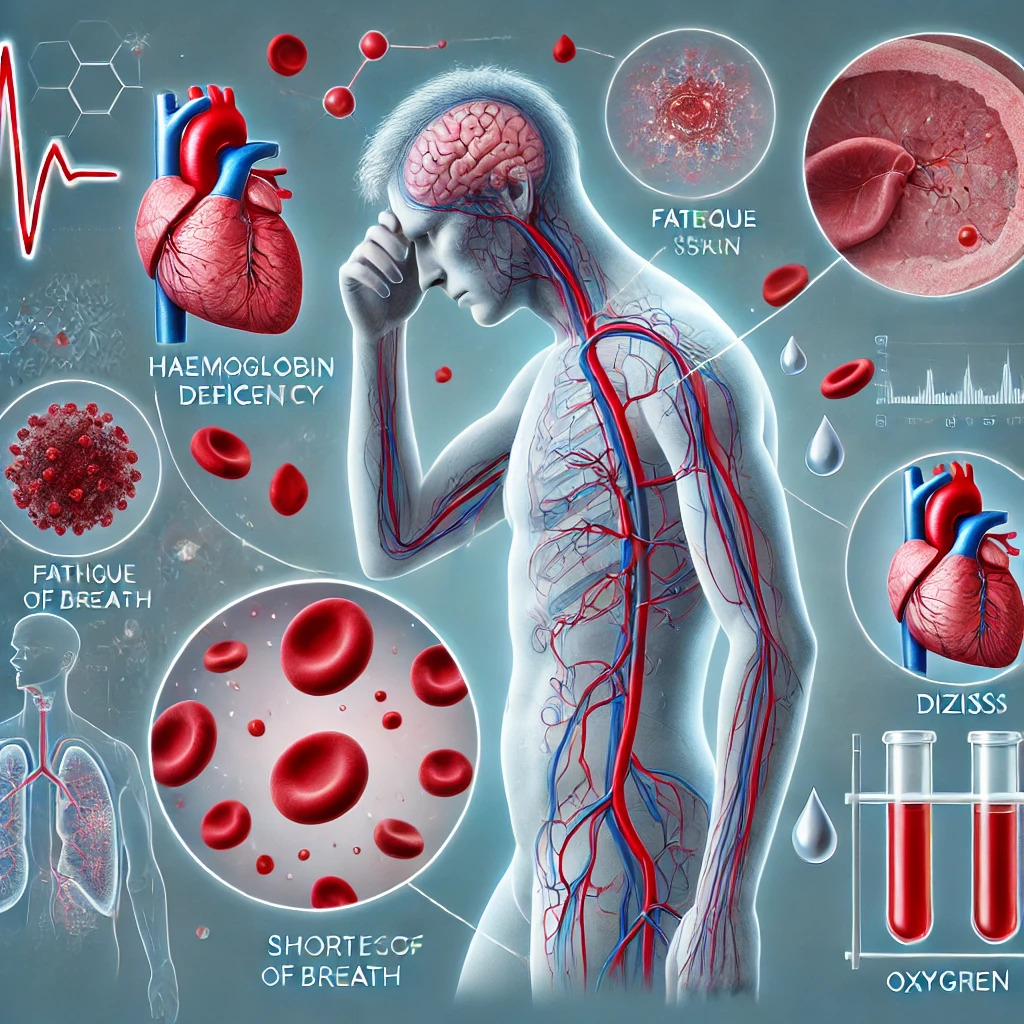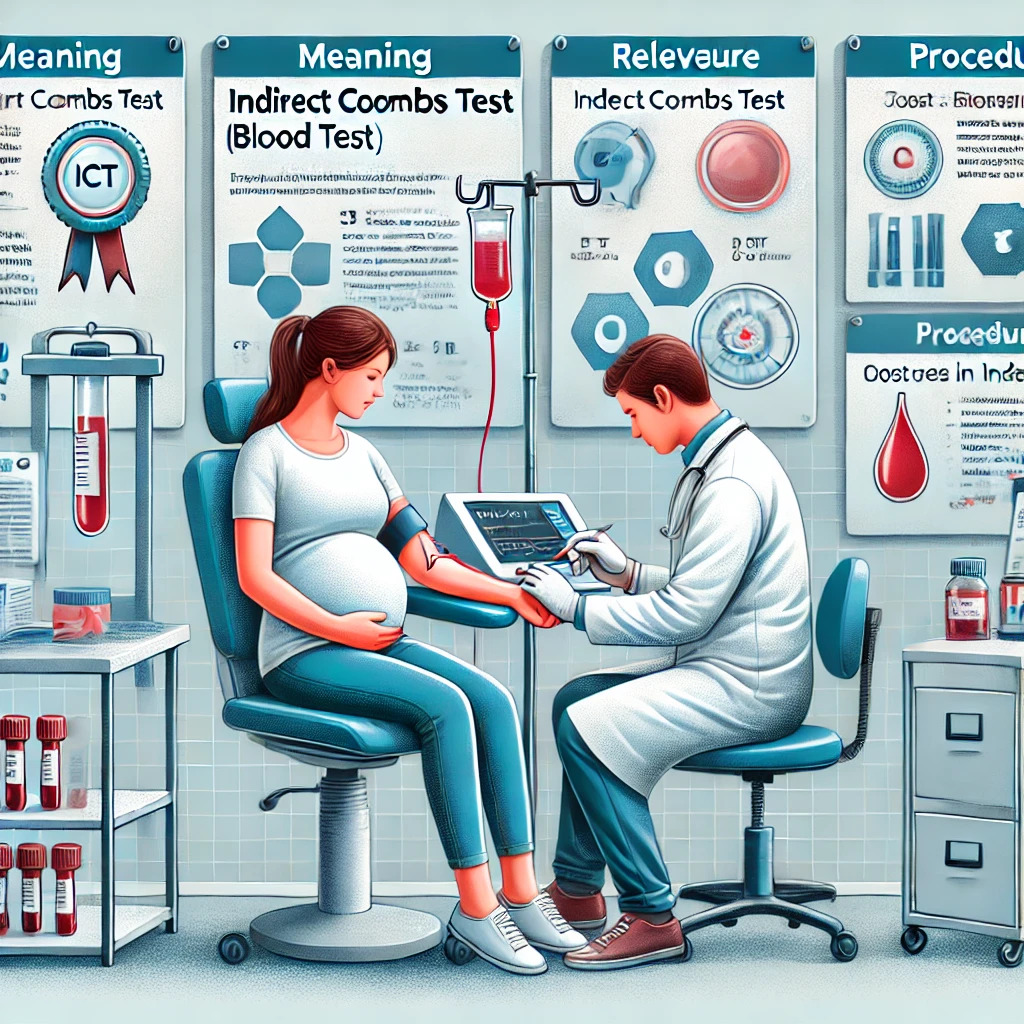7 Warning Signs of Dengue: How do you know you are infected?
.jpg)
Dengue is a viral infection found in regions with tropical and subtropical climates. This vector-borne disease returns to alarm Indians as the warmer climate approaches. However, it is essential to remember that this is a year-round infection in India, where cases increase with temperature changes and rainfall. It is necessary to stay vigilant all year round and minimize the breeding of mosquitoes and the risk of infection.
This disease is spread primarily by the bite of infected Aedes aegypti mosquitoes. While most people recover after showing mild dengue symptoms, a small percentage can progress to Dengue Hemorrhagic fever, a severe form of this infection. There isn't any specific treatment for dengue fever. It is managed with supportive and symptomatic therapy.
This blog aims to empower you with the seven warning signs of dengue that require immediate medical attention.
Early detection and treatment of dengue fever are essential to prevent complications.
Don't Let Dengue Play a Spoilsport This Season
Nature rejoices as the monsoons paint India a lush green. Still, it also brings specific issues, like perfect breeding conditions for mosquitoes. Among the dangerous mosquito species is the Aedes aegypti, which carries the threat of dengue fever if it is infected. For some, high fever and other flu symptoms may be the only warning signs of dengue fever, and there will be complete recovery. Things may get terrible for a small percentage of people with dengue fever.
This blog helps you recognize day-by-day dengue symptoms, the recovery phase, warning signs of dengue, etc. By understanding the red flags, you can seek immediate medical attention, which will prevent complications in most cases.
Timely diagnosis and care can help patients recover quickly. The best strategy is to be vigilant and prevent dengue. Don't let it dampen your spirits; there is a lot you can do to protect yourself from getting infected.
Also Read: - Best Homeopathic Medicines for Dengue Fever
7 Warning Signs of Dengue: How do you know you are infected?
Dengue is also called breakbone fever because of the pain it causes in bones and muscles. Most people will have mild symptoms of dengue or sometimes no symptoms at all. Most of the time, these people will get better in 1-2 weeks. Rarely, it can lead to a severe infection; in a small number of cases, the disease may be fatal.
When a patient has symptoms of dengue, these usually appear after 4-10 days of infection and may last for 2-7 days or longer.
These symptoms or seven warning signs of dengue infection are:
- High fever (which may go as high as 104°F)
- Severe headache
- Pain behind the eyes
- Muscle aches and joint pains
- Nausea and vomiting
- Swollen glands
- Rash
*The dengue fever temperature pattern typically follows a biphasic curve. This means that the fever has two phases.
Phase 1 is also called the febrile phase, and it lasts for 2-7 days. The fever is sudden and very high, often reaching 104°F. This high fever is often accompanied by chills, and it is considered to be a hallmark sign of dengue.
Phase 2 is also called the critical phase, and it starts around 3-7 days after the illness. Here, the fever may appear to break and may drop between 99.5°F and 100.4°F. Patients may be deceived into thinking that improvement has begun.
Sometimes, this phase is followed by a sudden worsening of the symptoms, especially in severe dengue cases. Please note that the biphasic pattern may not always be present, and fever may remain high throughout the illness.
Dengue is a viral infection that must be taken seriously. Medical attention must be sought despite your symptoms' severity or lack of seriousness.
*Dengue rash is another symptom that may be present in some cases but not all. The timing and appearance may also vary.
The maculopapular rash is the most common type. It looks like flat red spots that may become slightly raised. It appears after 2-5 days of illness and can be seen on the face, torso, arms, and legs.
A type of rash seen later in the illness is a measles-like rash with small bumpy pink lesions appearing on the arms and legs.
Petechiae are not precisely a rash but small red spots caused by bleeding under the skin. Purpura are more prominent bruise-like spots. They may be seen in severe dengue, and you should seek immediate medical attention.
7 Warning Signs of Dengue Fever in a child: Are the signs different?
The signs and symptoms of dengue fever in children and adults are generally similar. The severity of the symptoms may be greater in younger children and older adults, but core signs are typically the same.
Dengue infection in children also presents with high fever, severe headache, rash, muscle and joint pains, etc. The difference in presentation may be that children are more irritable and listless. They can have a problem communicating their distress and other symptoms, which is why parents should be very vigilant.
While dehydration may be more pronounced, you must also look out for signs like:
- Reduced urination
- Dry mouth, tongue, and lips
- Sunken eyes
- Listlessness
- Excessive fussiness
- Decreased tear production
- Fast breathing
- Cool hands
Dehydration in dengue patients, whether children or adults, can be caused by nausea and vomiting, an aversion to drinking anything due to nausea, or plasma leakage. Medical attention is necessary if anyone has any symptoms of dengue.
Severe Dengue Symptoms
Children and elderly patients are especially at risk of developing severe dengue. People who have had dengue in the past are also at risk of developing severe dengue if they get infected a second time with a new strain. There are four strains of the dengue virus, which is why people can have dengue fever more than once. These groups of people more susceptible to reinfection need to be especially careful.
Severe dengue symptoms start just like normal dengue fever. There will be positive tourniquet tests, leukopenia, and other symptoms. After a few days, a person may develop severe dengue. It can have two presentations- Dengue Hemorrhagic Fever (DHF) and Dengue Shock Syndrome (DSS).
Seven warning signs of severe dengue are:
- Abdominal pain or tenderness
- Persistent vomiting
- Fluid accumulation in the body
- Mucosal bleed (from gums and nose)
- Excessive fatigue or restlessness
- Liver enlargement > 2cm
- Increasing HCT, along with a rapid decline in platelet count
Severe dengue can impact and damage organs like the liver, lungs, and heart. It can be fatal if immediate medical treatment is not provided. With timely diagnosis and treatment, the fatality rates are below 1%.
Diagnosis and treatment of Dengue fever
Diagnosis
Dengue is a prevalent mosquito-borne illness in India; cases may be seen year-round. Many dengue symptoms mimic other diseases. Getting an accurate diagnosis and treatment based on symptoms is essential, as there is a risk of severe dengue.
In India, the diagnosis starts with a consultation with a doctor. You will be asked your medical history, travel history (because some areas are prone to higher infection rates), and present symptoms.
A physical examination checks for fever, rash, swollen glands, abdominal tenderness, tourniquet test, etc.
Blood tests are the mainstay of diagnosis for dengue fever in India. O-Lab in Jammu is the best place to get tested for Dengue fever, as you get timely and accurate results. Time is of the essence in diagnosing this viral infection to reduce complications.
The main tests are:
NS1 antigen test: is used during the early phase.
Antibody tests help with early diagnosis and even past infections.
Complete Blood Count: for monitoring platelet count, white blood cell count, hematocrit, etc
Additional tests like viral culture, Ultrasound, etc, may also be used in a few cases.
Treatment
Most cases of dengue fever, with mild symptoms, are quickly and safely managed at home under medical supervision. Supportive treatments like fluid intake, electrolytes in case of vomiting and dehydration, pain medicine for aches, antipyretics for fever, and nourishing but easy-to-digest meals are sufficient for most people. Sometimes, it is advised to take a liquid and semi-liquid diet during illness.
It is essential to avoid self-medication and NSAIDS. Specific NSAIDS like aspirin and ibuprofen may increase the risk of bleeding in Dengue patients.
If someone has dengue fever, it is essential to:
- Consult a doctor.
- Rest and sleep well.
- Drink plenty of fluids.
- Use paracetamol for pain if it is safe for you.
- Avoid NSAIDS.
- Watch for severe symptoms and seek immediate medical attention if you notice any of these symptoms.
Some people may be fit to get a vaccine to prevent Dengue fever. If this option is right for you, you should discuss it with your doctor.
People with severe dengue fever generally require hospitalization hospitalization. The treatment will be based on symptoms, including blood and platelet transfusion, IV fluids to treat dehydration, oxygen therapy, etc.
Importance of Platelet Count in Dengue Fever
The most common information people have about dengue fever is related to the platelet count in Dengue fever, and there are many misconceptions, too.
Platelets are tiny blood cells that play an essential role in blood clotting. Dengue can affect the bone marrow, causing a decrease in the platelet count produced there. When the platelet count is low, there may be easy bruising and a higher risk of bleeding.
Although monitoring platelet count is essential in dengue fever, it is not the only thing. There is no specific platelet count threshold, as the severity of dengue infection depends on many factors.
A high platelet count does not always mean a milder manifestation of dengue fever. Medications do not increase platelet count, although some supplements may indirectly help it. A low platelet count does not always require a blood transfusion.
As you can see, dengue fever has many different factors and symptoms; only a doctor can diagnose and decide the right course of action.
Dengue Fever Recovery Phase
It is time for your body to heal and for you to gain strength after this breakbone fever. The recovery phase typically begins around a week after illness and may last a few weeks. The duration of the dengue fever recovery phase depends on the severity of the disease, age, past medical history, and many other factors.
Your fever will slowly disappear, and your appetite and energy levels will improve. If there were liver enlargement, that would also resolve it. It is essential to take all the precautions and follow your doctor's advice regarding rehydration, rest, diet, and medication.
Look for any warning symptoms and seek immediate medical attention if you notice worsening or new symptoms. Return to your routine, as the body will need time to recover.
Conclusion
Dengue can be easily prevented, and it is better to take precautions this season. Even if one gets dengue fever, there is nothing to be worried about, as most cases are resolved without any complications. With timely intervention, the death rate from dengue is less than one per cent. In India, doctors are well-equipped to diagnose and treat dengue fever cases.
This blog has taught you all about dengue fever day-by-day symptoms, warning signs, and precautions. For an accurate diagnosis, get your tests from O-Lab in Jammu.
You can collect samples at home, making it convenient to get economical and accurate testing. If you have any queries about any tests for dengue diagnosis, reach out to us.
We will gladly assist you and help your doctor treat you immediately.





